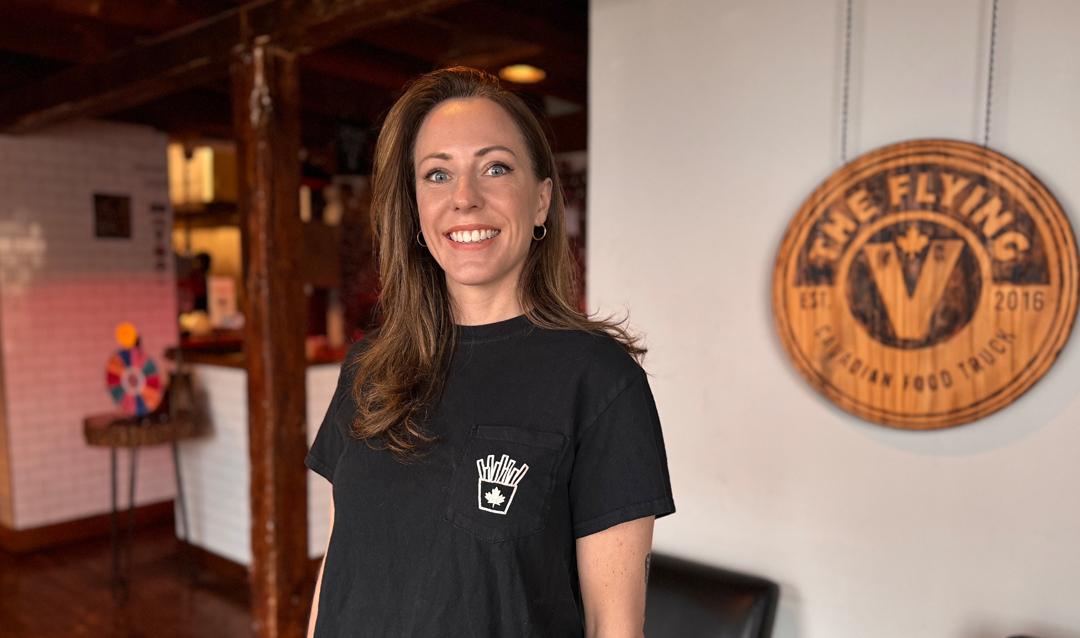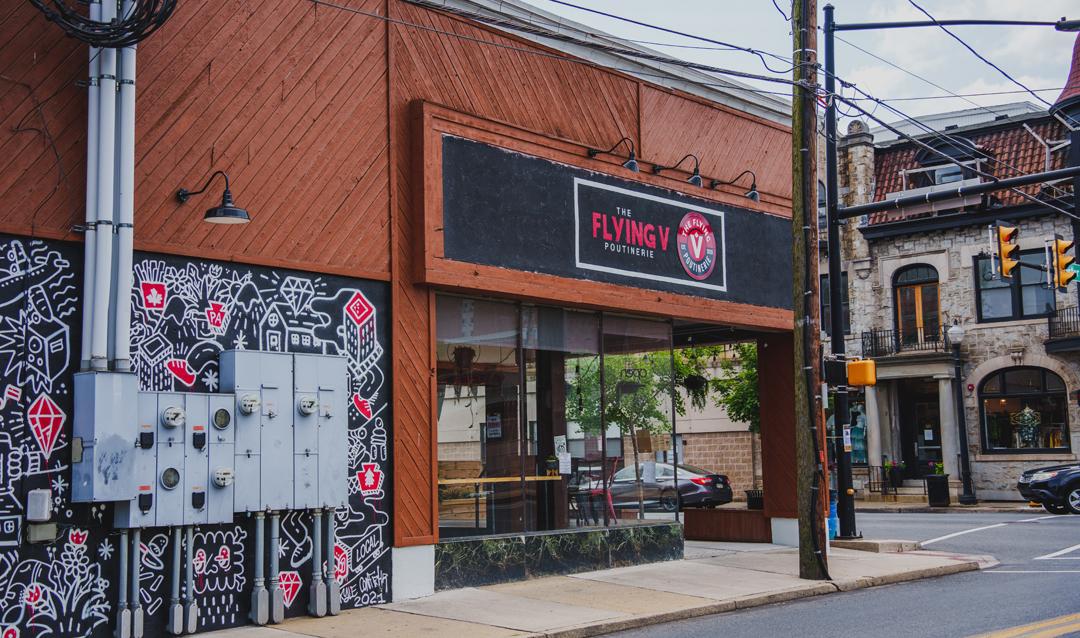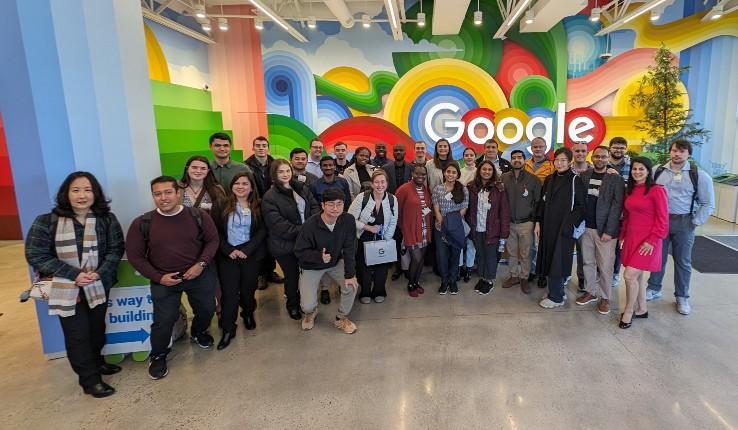As a senior finance major at Lehigh, Michael Roth ’12 took the lessons he learned in the classroom to Community Action Lehigh Valley and its Rising Tide Community Loan Fund, which provides loans to small businesses on South Side Bethlehem and beyond.
The internship experience, he says, proved eye-opening. With guidance from Christopher Hudock, associate executive director of business development for the fund, Roth helped review loan applications, pitched marketing ideas and more.
“I learned that a loan is valuable [to small business startups],” he says. “I learned that support is transformational.”
Aware of the counseling, marketing assistance, technical help and significant loans that the Rising Tide Community Loan Fund provides to small businesses, Lehigh has recommitted for five years—after an initial 10-year commitment—to the program. That means its initial $250,000 loan to Rising Tide will continue, in turn, to help fund loans to entrepreneurs and potential small businesses owners—as well as provide experiential learning opportunities for Lehigh students and potential jobs for graduates. The loans have so far supported new restaurants, a grocery store, salon, brew pub and other small businesses that have helped reinvigorate the South Side.









